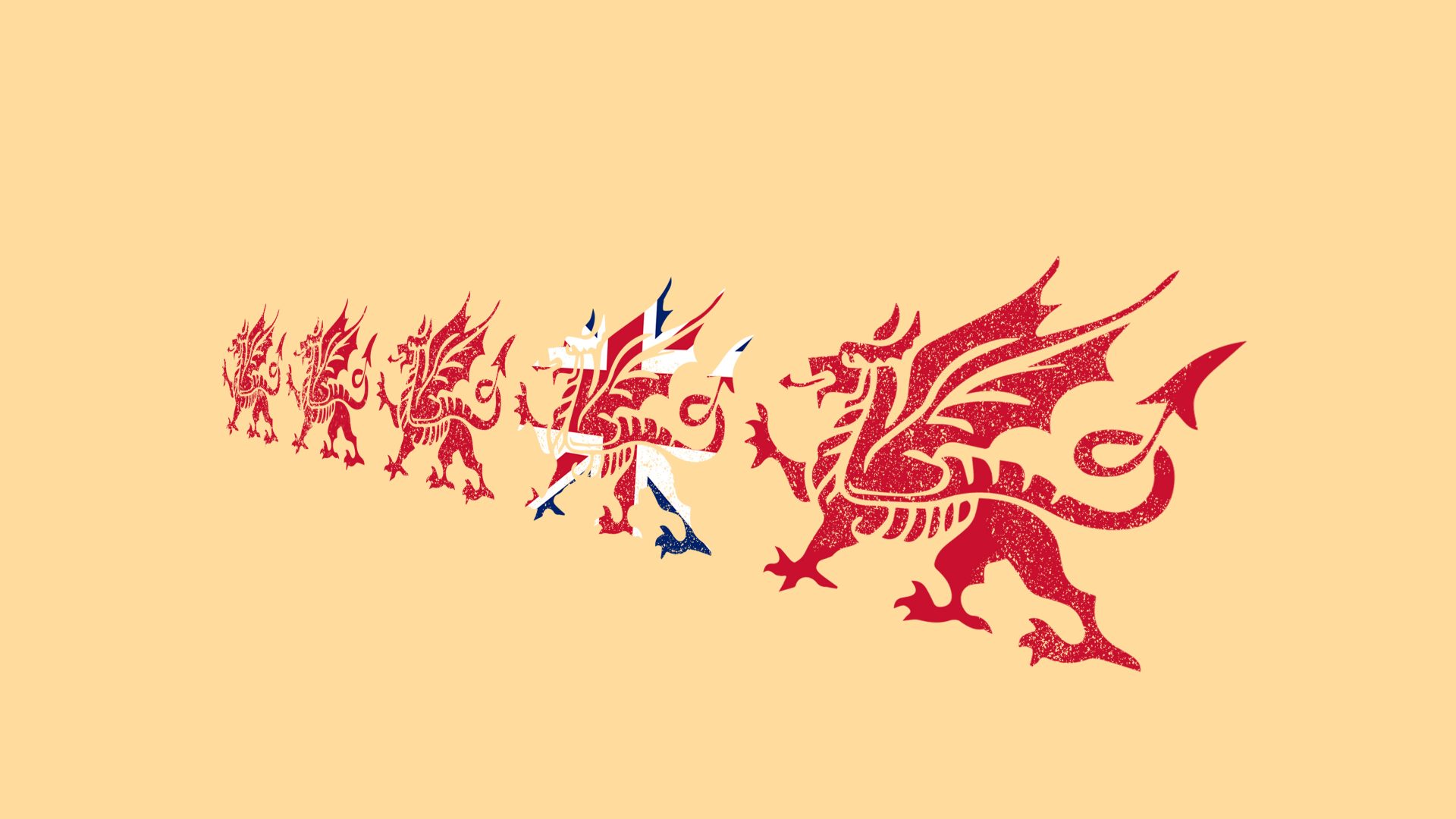The Welsh song Yma o Hyd was recently the subject of an interesting article by Peredur Webb-Davies, senior lecturer in Welsh linguistics at Bangor University, North Wales, which was published in the online journal The Conversation.
The Conversation’s editors decided to give Webb-Davies’s piece the headline
“‘Still here’: Welsh world cup song Yma o Hyd and how the language is
adapting to survive”. It is in the nature of these things that editors come up
with headlines for articles without consulting their authors, and I suspect
that Webb-Davies might not have been entirely happy with the wording of this one because, at least in my view, the phrase “adapting to survive” is really not appropriate in this context.
All languages spoken by fluent bilinguals in densely bilingual environments are very likely to influence one another: as he states, every Welsh speaker nowadays also speaks English – or at least every Welsh speaker in Britain over the age of five does. Native Welsh speakers in Patagonia are, correspondingly, all bilingual in Welsh and Spanish.
But the main point is that all languages change over time in any case. As is entirely normal, Welsh is changing, but it is not really adapting as such. And whether or not it survives will have very little to do with whether or not it changes.
The main thrust of Webb-Davies’s piece, which I totally agree with, is aimed at Welsh-language purists who believe that “pure Welsh” is being corrupted by English. These are people who think that the mixing together of English and Welsh is a Bad Thing. They also argue that borrowing English words into Welsh will be dangerous for its survival.
This is wrong. The fact is that strong puristic opposition to language switching and mixing can easily work against the survival of minority
languages. There are thousands of younger fluent speakers of Welsh in
Britain who have the enviable capacity of being able to express themselves
equally comfortably in English and Welsh, and who are therefore able to
switch freely from one language to the other.
Two examples that Webb-Davies gives us are: Pan dach chi’n defnyddio
wide-angle lenses dach chi’n emphasise-io’r foreground (When you use wide-angle lenses you emphasise the foreground), and Oedd hi’n edrych
yn stunning (She looked stunning).
Any suggestions that this kind of language use represents “bad Welsh” is incorrect; but, more than that, it is potentially dangerous, because there is a risk that, in the face of this sort of hostility and negativity, young speakers might just give up on speaking Welsh altogether and turn into monolingual English speakers. This is certainly what has happened in the case of other minority language communities, such as those of speakers of some forms of Hungarian in Romania.
The idea of “linguistic purity” is in any case misguided. There is no such thing as a “pure” language. The language this newspaper is written in is full of words borrowed from languages other than English. No fewer than eight of the words I used in the very first sentence of this column were originally taken from French or Latin.
It is often argued that English has been greatly enriched by these numerous lexical borrowings. It has certainly not been “corrupted”.
STUNNING
Our word “stun” (to knock out, to cause to lose consciousness) appears to have the same origin as the French word étonner “to astonish”. These forms
probably come originally from Latin extonare, which is made up of ex “out”
plus tonare “to thunder”. Astonish and astound also have the same origin.




